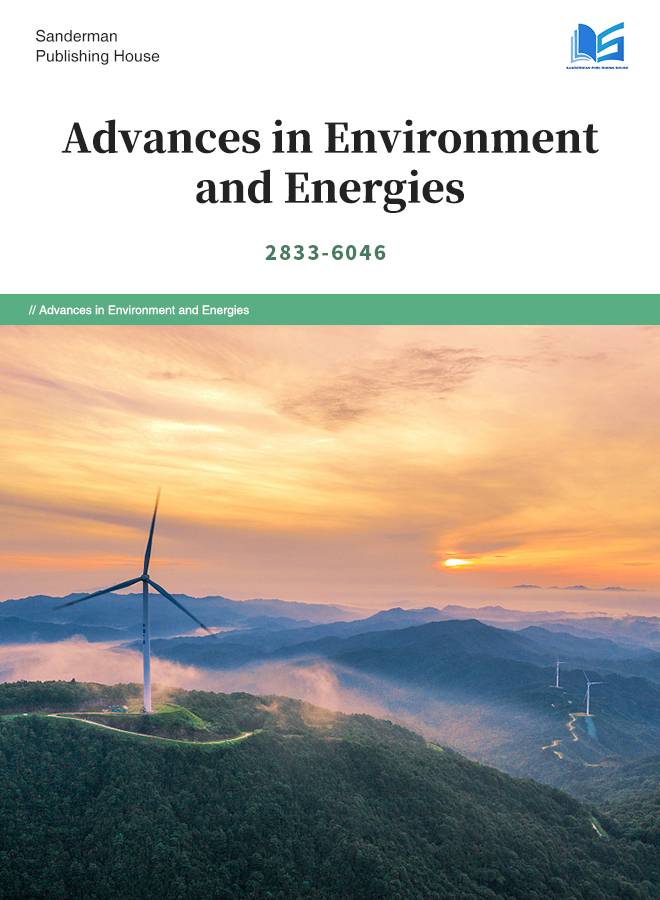Journal Browser
Announcements
more >
Calling for papers--AEE
2023-12-21
Volume 2,Issue 2 (2023) - 1 article
Low carbon transformation of oil enterprises: study on dynamic evolution under carbon emission regulation
2023.2(2);10.58396/aee020201 - 23 Oct 2023
Nowadays, global warming caused by greenhouse gas emissions has become a major challenge for countries around the world in the 21st century, and the “dual carbon” goal has set the direction for China's green development, providing unprecedented opportunities for the development of low-carbon technologies in China. In order to ensure the high-quality development of oil enterprises under the goal of “dual carbon”, the low-carbon transition path of oil enterprises adopting in Carbon Dioxide-Enhanced Oil Recovery (CO2-EOR) is explored. A dynamic evolutionary game model of the government, oil companies and consumers under carbon emission regulation is established, and the effects of carbon tax, CO2-EOR technology emission reduction efficiency, market mismatch and other variables on the strategic choices of the game subjects are explored, and the evolutionary paths of the three are simulated using Matlab software. The results suggest that oil enterprises are less willing to invest in CO2-EOR technology in scenarios where carbon tax costs are high, environmental benefits are lower, and market losses are higher, resulting in slower equilibrium evolution towards a realistic steady state. Based on these findings, we propose three countermeasures for the low-carbon transition of oil enterprises under the “dual carbon” target: (1) Optimizing the overall taxation design. (2) Promoting low-carbon technology innovation. (3) Upgrading the oil market. The results provide valuable insight into promoting the large-scale application of CO2-EOR technology in oil enterprises in the future.


